Final Reflection: Leadership and Team Management - Course Reflection
VerifiedAdded on 2021/05/30
|6
|922
|28
Essay
AI Summary
This final reflection examines the student's learning journey in managing and leading project teams. The essay defines leadership, referencing Northouse (2015) and highlighting its role in influencing goal achievement. It explores leadership theories, including transformational and autocratic styles, and emphasizes the importance of organizational culture, communication, and established rules and routines. The student learned about the significance of leadership skills and managerial skills in organizations and the need for project managers to adopt relevant leadership styles. The reflection also discusses the application of the leadership profile tool. The student recommends that project managers analyze their virtual environment, address potential problems, and adapt their leadership approach. The essay concludes with a call for more practical application in the course, such as real-life scenarios. References include Frost (2018), Keegan and Den Hartog (2004), Kissi, Dainty, and Tuuli (2013), Northouse (2015), and Tuan (2010).
1 out of 6
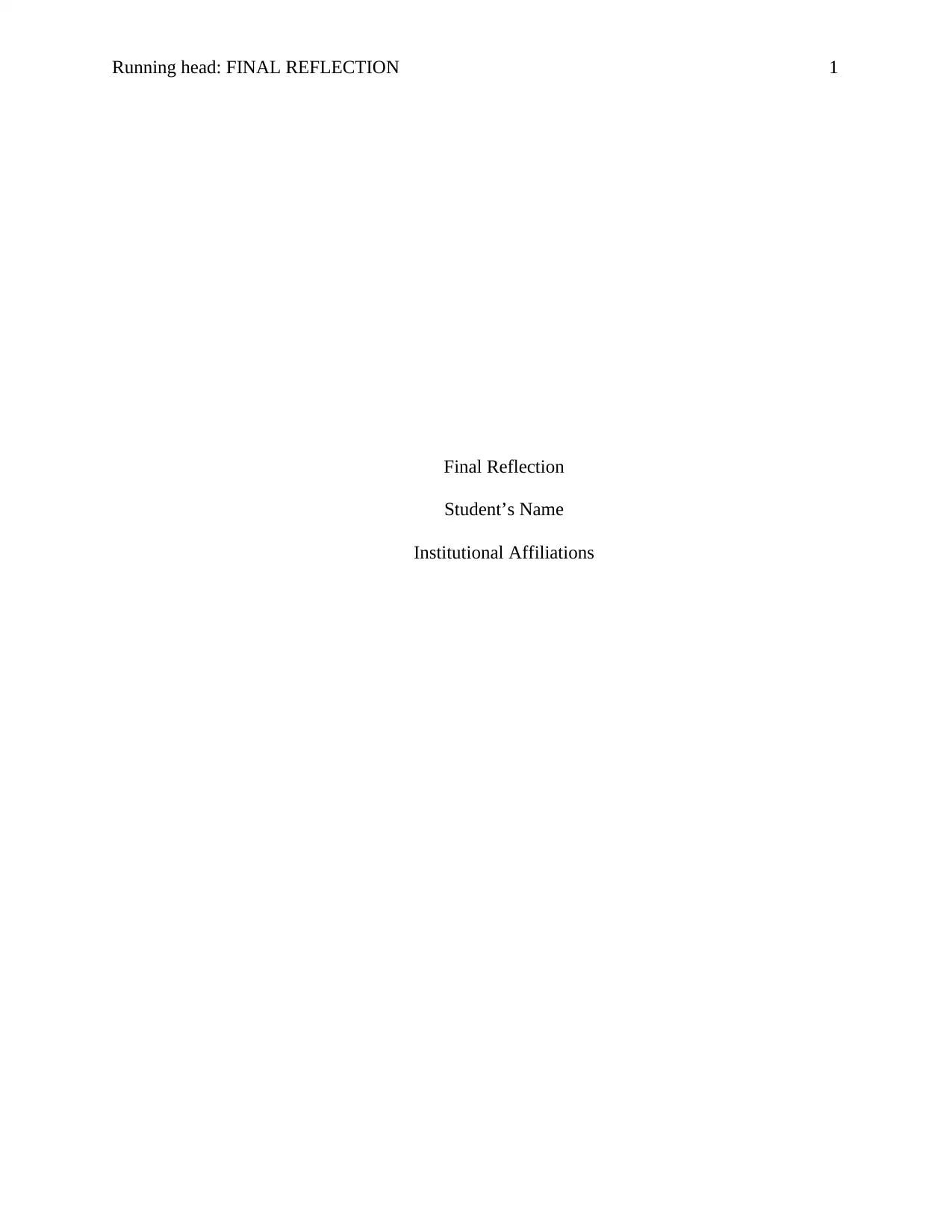
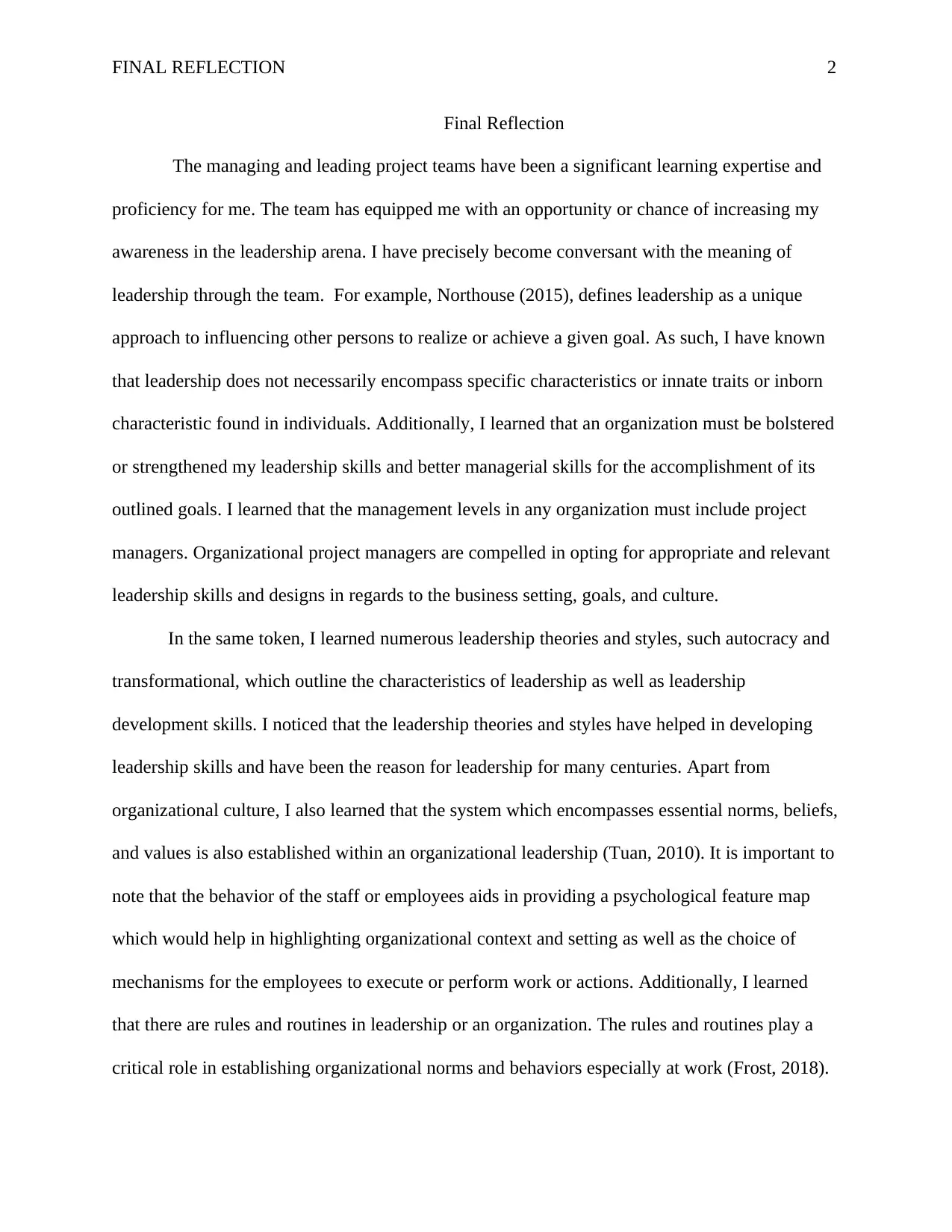
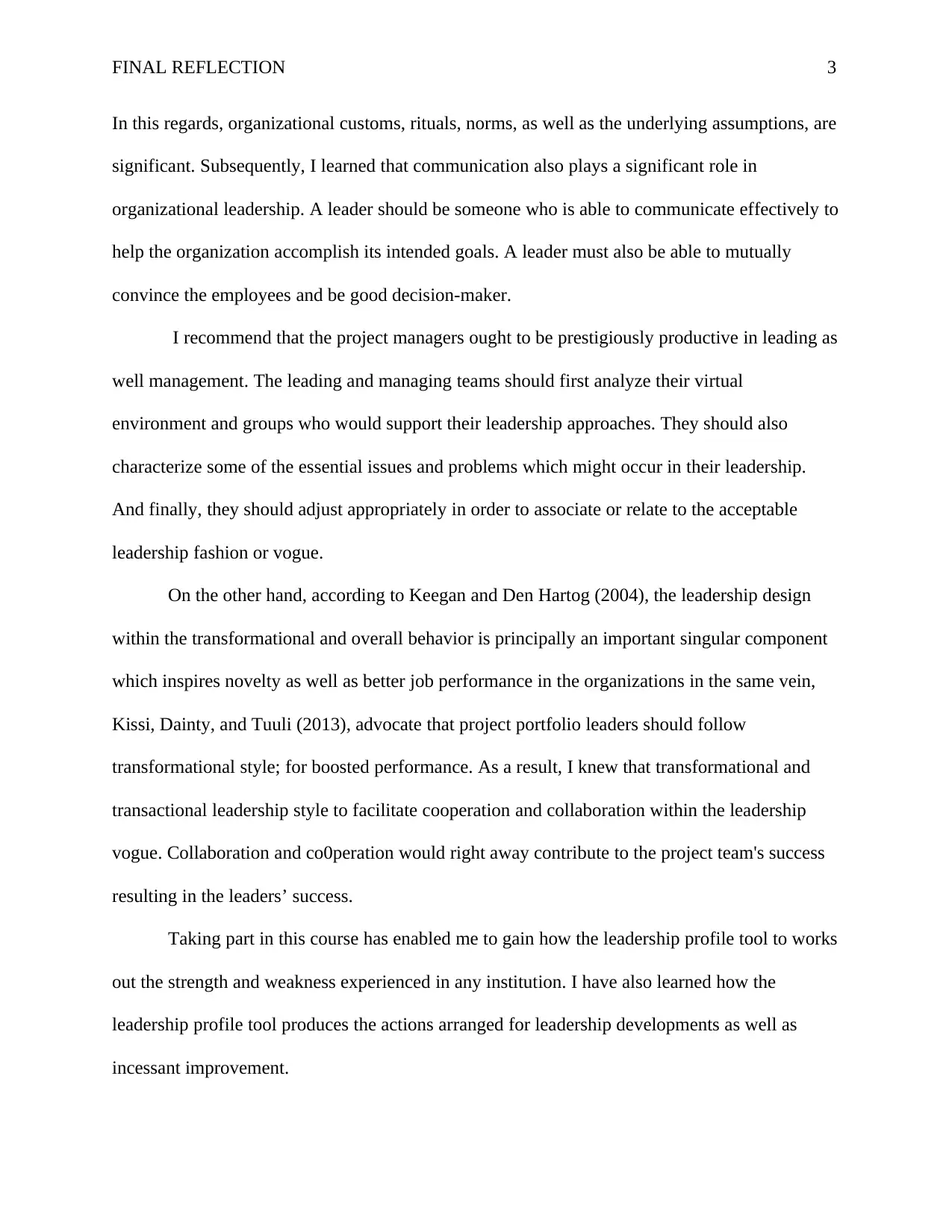

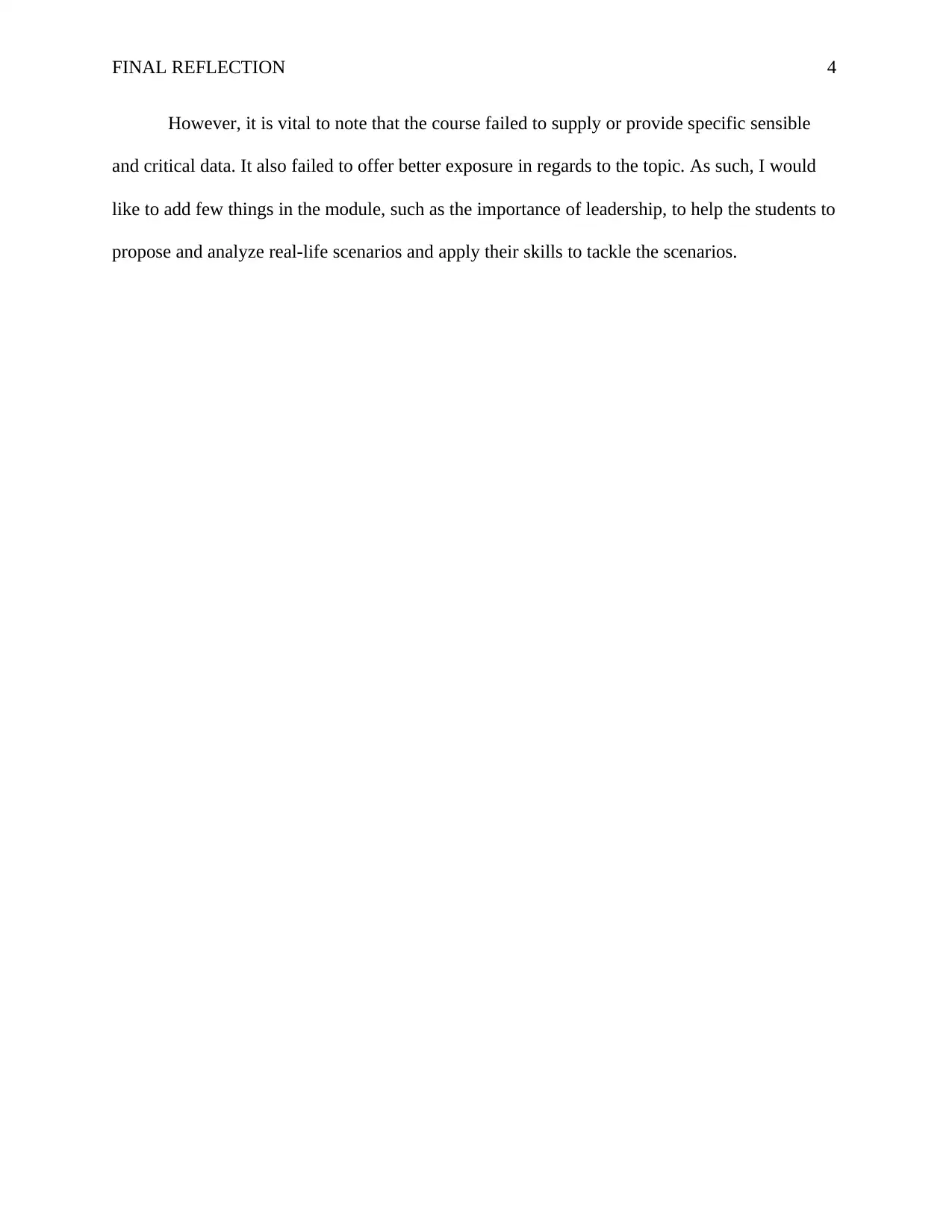
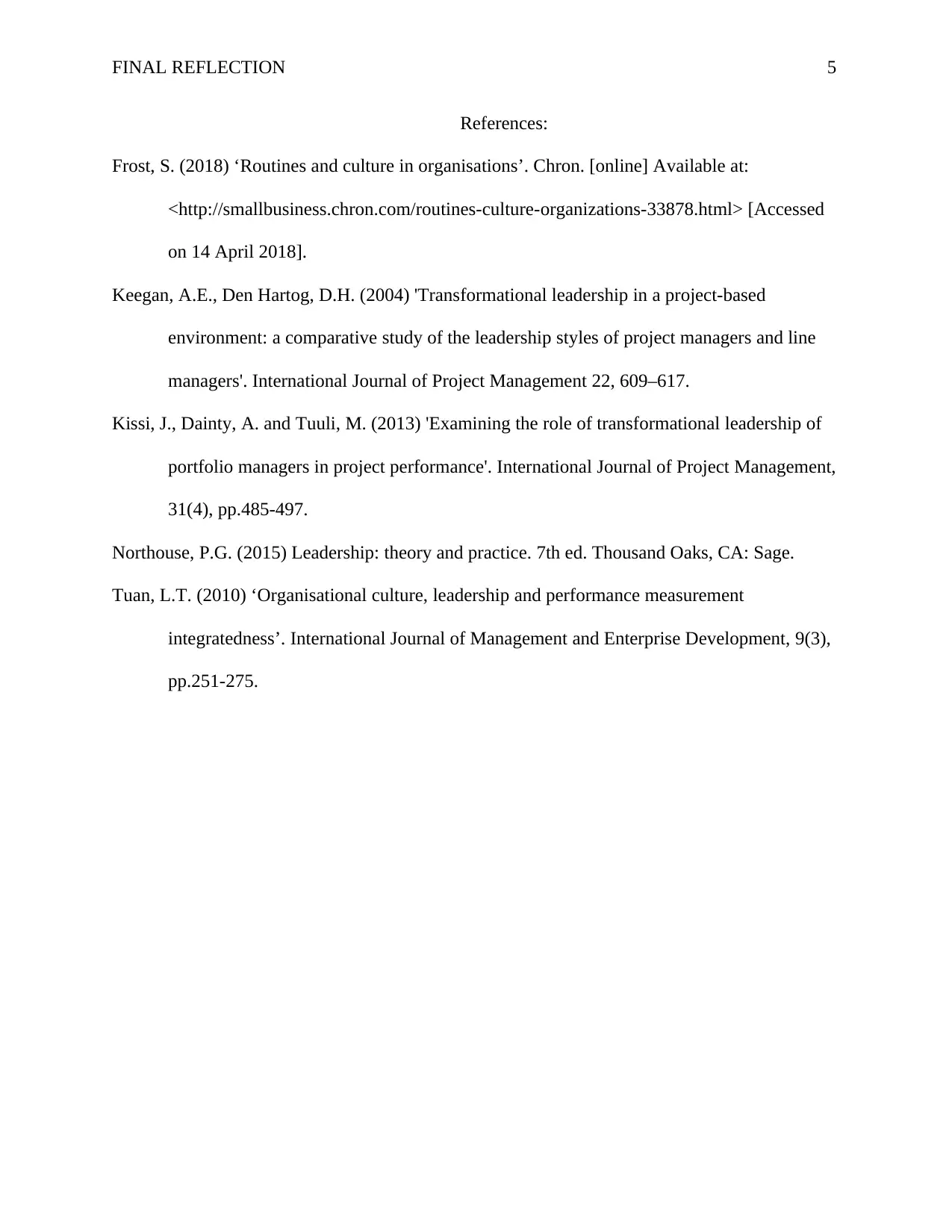
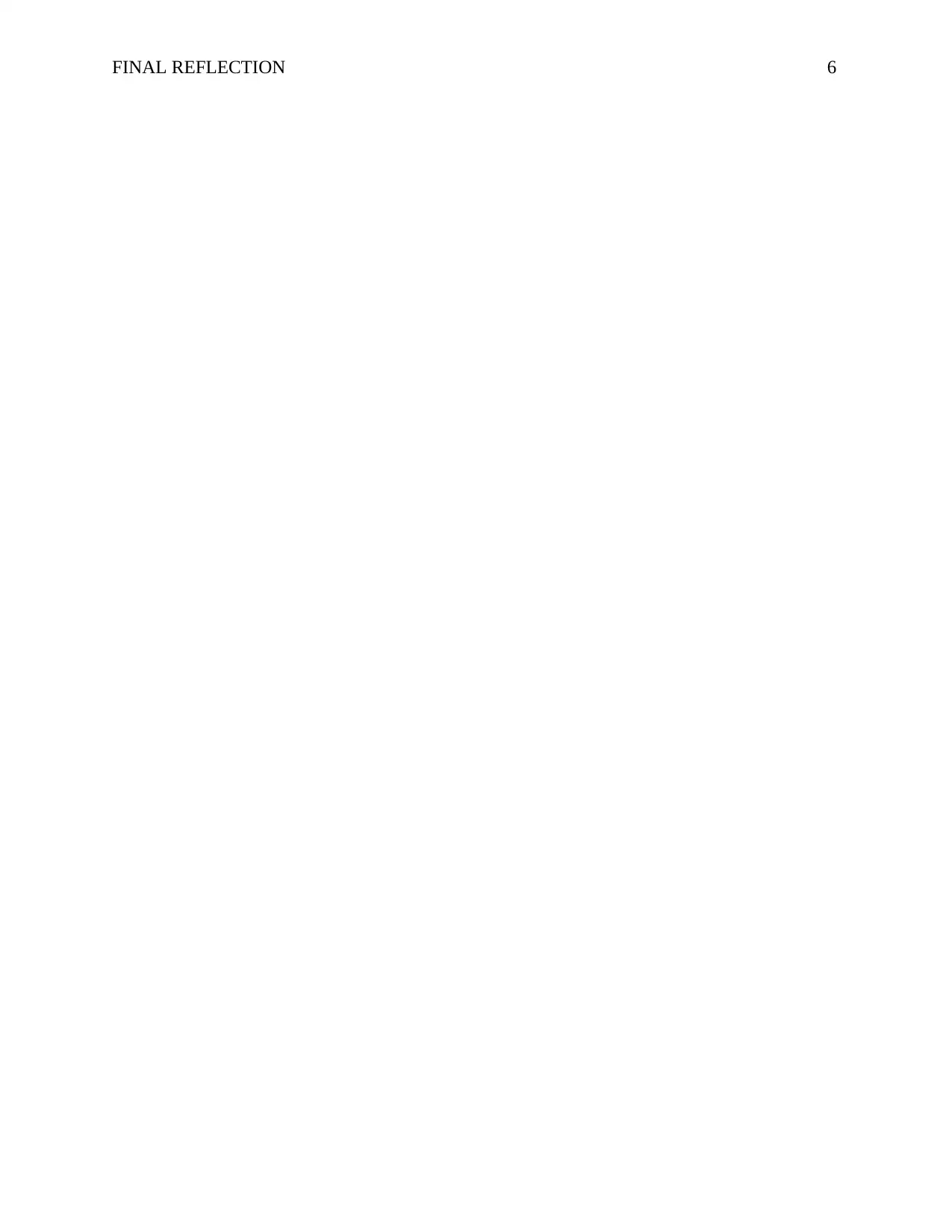





![[object Object]](/_next/static/media/star-bottom.7253800d.svg)